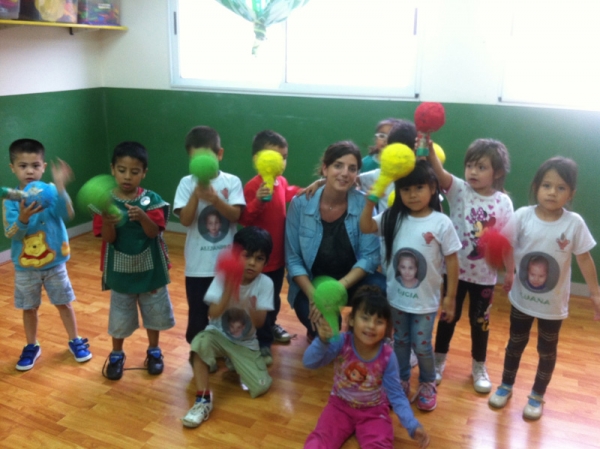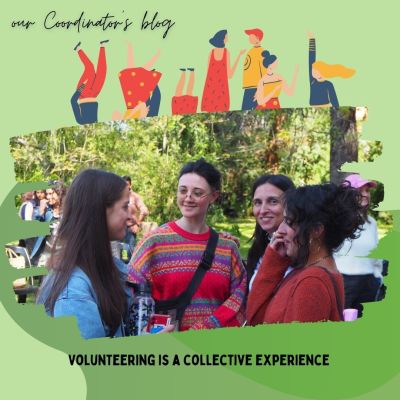The intricate soundscapes of Buenos Aires are nearly impossible to ignore. Take a walk down the street, or merely crack open a window at any given time or day, and you’ll be sure to hear the city’s song: a unique blend of birds chirping, cars honking, followed by the occasional profanity or echoes of a rowdy celebration in the distance.
For the less observant, it’s not uncommon to come across the more literal form of music as well. Your cab driver cranks up his favorite Beatles’ classic on your way to a local bar, where you’re fortunate enough to witness a couple brave gringas belt out their versions of Shakira. Music has become a binding bridge here in Argentina, as it has throughout the rest of the world. I came face-to-face with this notion shortly after my arrival in Buenos Aires—turns out, scoring concert tickets to the Stones’ may prove virtually impossible in both hemispheres. While this realization begged itself more bitterly than sweet, my recent trip to one of Voluntario Global’s kindergartens in Barracas quickly restored my faith in the power of music as a universal language.
On the bus ride over, our Parisian volunteer, Elise, shared some of her experience working with the four-year-old students in Barracas: “They ask me why I talk funny,” she said smiling bashfully. Despite the aforementioned language barrier, she’s instantly greeted by a swarm of giddy beaming children, each one fighting for their chance at a hug. I later watch in awe as Elise and the teacher somehow manage to help nearly twenty rowdy students transcend chaos into chorus. The class greets each other with their routine welcome song, “El Mono,” followed by a quick rehearsal for their end-of-year show—ironically enough, singing the Spanish rendition of Frozen’s “Let It Go.” By the looks of it, both Elise and her students allowed the gift of song to supersede whatever premonitions might have stood in the way of integration.
However anecdotal this account of my trip to Barracas may have already seemed, I’ll humbly offer the following advice to any prospective volunteers, whom, at some point, may find themselves disillusioned by the cultural differences in their path, be it language barriers or sold out concerts: before you turn back in defeat, take a walk around the block with open ears, an open mind, and merely listen for your familiar song.






